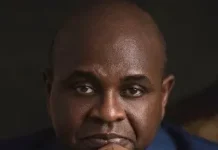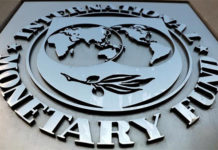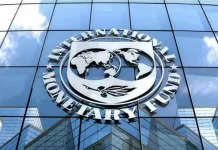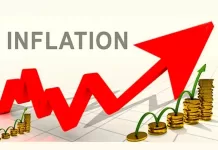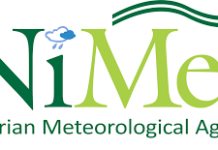Is it not funny how African countries always complain about being colonised and used by the western world, yet they approach them to borrow and expect the loans to be written off. Right now, some African countries, Nigeria inclusive, are trying to get the International Monetary Fund (IMF), to agree to debt cancellation.
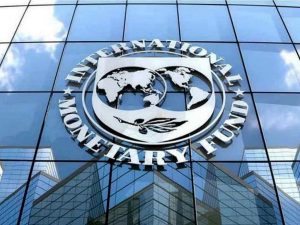
In a resolute manner, the International Monetary Fund (IMF), dismissed the possibility of total debt cancellation for Nigeria, Ghana, and some other African economies.
This is a swift response to the request made by some African nations on debt relief.
No Debt Cancellation For Nigeria
IMF African Department Director, Abebe Selassie revealed this at the ongoing IMF/World Bank Annual Meetings, in Marrakech, Morocco.
Have You Read: Debt Profile: Nigeria Owes IMF, AfDB, Others $20.8bn -DMO
He said, 50% of total debts in Sub-Sharan Countries were domestic, making debt forgiveness difficult.
Selassie, said “there is no magic to wave and get rid of debts.
“There should be country-specific dialogues on how to reschedule the debts”.
The IMF Representative spoke on the topic “In Pursuit of Stronger Growth and Resilience”.
According to him, “how debts are handled boils down to discussions with creditor nations on the way out of the crisis”.
Furthermore, Selassie said that the rise in private investment and consumption was expected to lift growth in many parts of the region by 2024.
Economic Growth Is Too Slow
He said growth in the region was greatly subdued, with inflation gradually dropping.
Also, he noted that inflation had remained too high in many countries. Furthermore, he insisted that monetary and fiscal policies should work together to keep it under check.
You M ay Also Like: See What IMF Says Will Attract Investors To Nigeria
According to him, too many countries are struggling to maintain growth and have sustainable jobs.
“We have loaned $80 billion between 2020 and today to Sub-Saharan African economies.”
These loans, he highlighted, were for emergency funding and Special Drawing Rights (SDR) allocations,” Selassie revealed.
Also, the World Bank Group president, Ajay Banga, said: “Under his leadership focus is on addressing the triple challenges of pandemic, climate change, and food insecurity”.
Meanwhile, the World Bank’s Chief Economist Indermit Gill was on ground to give perspective to discussions.

